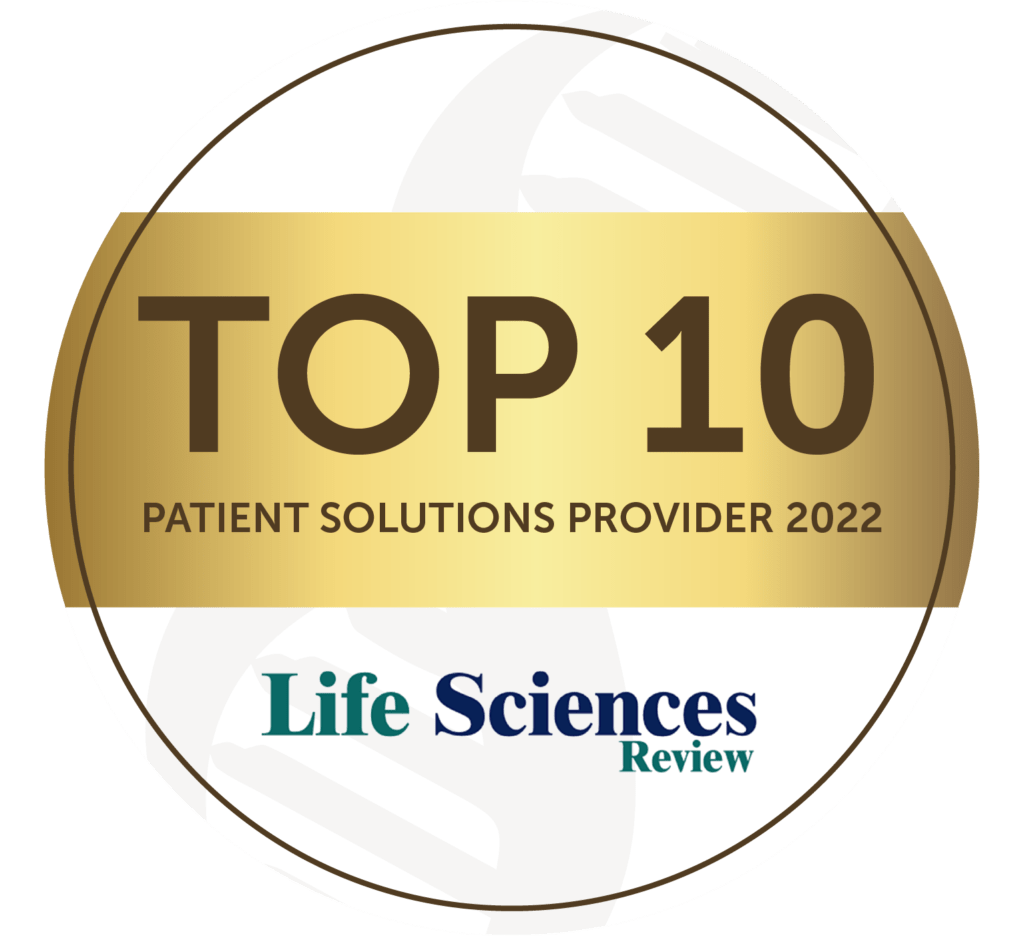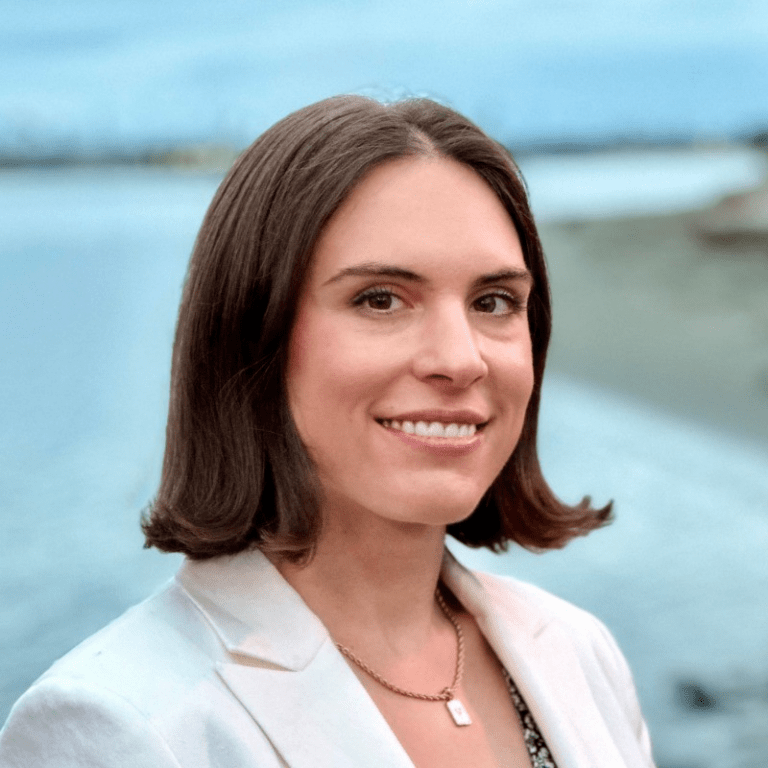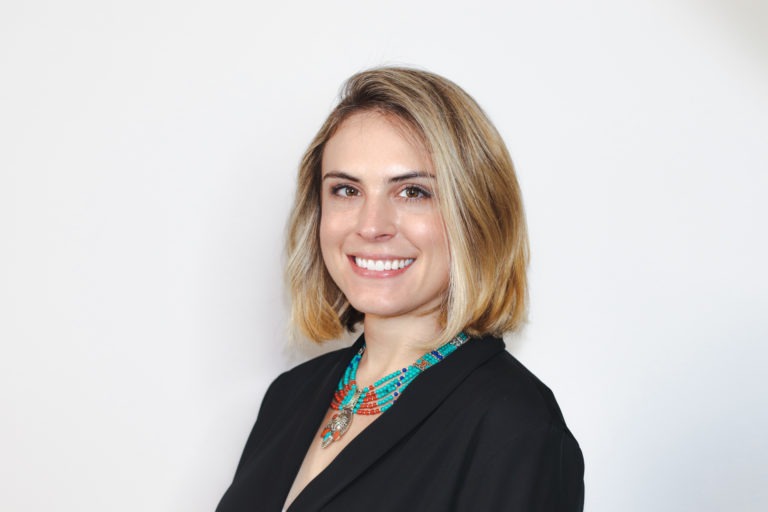Pride Month is a time to celebrate the LGBTQ+ community and honor the legacy of the stonewall riots. For those of us in clinical research, it is also a time for reflection.
There is a long history of the healthcare system excluding marginalized communities based on a person’s race, gender identity or expression, sexual orientation, socio-economic status, and more. As patient recruiters for clinical trials, we are constantly considering how we can support patients of all identities to make their own choice for their unique health journey — not just in Pride Month but year-round.
I sat down with Ramsey Johnson, a Clinical Operations Consultant and the President and Founder of OUTbio, to talk about his organization OUTbio, the importance of LGBTQ+ representation in leadership, and some ways sponsors and patient recruiters can work towards improving diversity in clinical research.
Who is Ramsey Johnson? And What is OUTbio?
“It’s probably a little cliché at this point, but I always say, I have a day job and a gay job,” Ramsey shared. Ramsey is a Clinical Operations expert, with more than 25 years of experience under his belt. Right now, he is self-employed, supporting small to medium sized biopharma companies with their clinical operations as a consultant.
“Then in my spare time, I run a non-profit, OUTbio,” Ramsey chuckles, “It’s definitely difficult to work full-time and operate OUTbio, but it’s well worth it.” Ramsey founded OUTbio in April 2015, when he was looking for ways to network with fellow LGBTQ+ biopharma professionals. “It started as a meetup group, which it still is in some ways today. But I invited three or four colleagues who I knew were gay, and they invited people they knew and so on. There ended up being about 10-12 people at that first meeting.”
From there, OUTbio took off on its own. OUTbio has grown exponentially and now includes more than 1,400 members. “Many companies in the biotech world have money set aside for DEI [Diversity, Equity, and Inclusion] initiatives. I think for a long time people didn’t know how to use that money. Then OUTbio came along, and it was a no-brainer,” Ramsey shared. With the help of sponsors, OUTbio is able to organize events that include a speaker component, a structured activity, and networking. Recently, OUTbio launched their new mentorship program and scholarship program, supporting young LGBTQ+ professionals in the biopharma industry. Ramsey and the OUTbio Board are committed to continuing to develop meaningful programs for its members and the industry.
The Importance of LGBTQ+ Representation
When asked about how the biopharma industry has grown to be more inclusive and the work that still needs to be done, Ramsey shared how he has seen the industry evolve. “Things have changed a lot since OUTbio started. Before OUTbio, most companies didn’t have an ERG [Employee Resource Group] nor LGBTQ+ groups. Now companies are much more involved in LGBTQ+ causes and initiatives,” Ramsey said. There are many ways companies can show their support of the LGBTQ+ community, from changing their logo to incorporate the Pride flag in June to hosting an OUTbio event. “Employees are making note of these things and put this on their list of requirements when searching for new jobs,” Ramsey said.
When looking forward, Ramsey is hoping for more data and for more representation. “There’s a lot of data on people’s identities in STEM, but not a lot in biotech. More biotech companies should consider incorporating surveys into their employee database,” Ramsey shared. There also needs to be more open LGBTQ+ members in leadership. “If you’re a LGBTQ+ leader, be out, be more vocal, because some employees are scared to be out. But if they see their leadership team is out, then more people will feel comfortable being their authentic selves at work,” Ramsey said.
Improving DEI in Clinical Research
There is still a lot of work to do to recruit patients of marginalized communities for clinical trials, and everyone in the clinical research process needs to take steps to improve diversity, equity, and inclusion (DEI) in clinical studies. Ramsey explained, “When choosing research sites, biopharma companies need to consider targeting small, private practices in rural communities, instead of just large academic centers.” It is often difficult for patients to find the time and resources to attend a visit for a clinical trial, but if the research site is close by or easy to get to, then more patients may be willing to participate. Ramsey also pointed out the significance of educating people on the clinical trial process. Oftentimes, there’s misunderstandings about clinical trials that lead to stigmatization of clinical research in general. Moreover, education needs to be for people of all identities, “not just white, straight, cisgender men,” Ramsey emphasized.
Clinically Media couldn’t agree more. As we strive to build our diversity, equity, and inclusion (DEI) initiatives, we consider the importance of representation of people of all identities and will continue to partner with organizations dedicated to DEI.




















